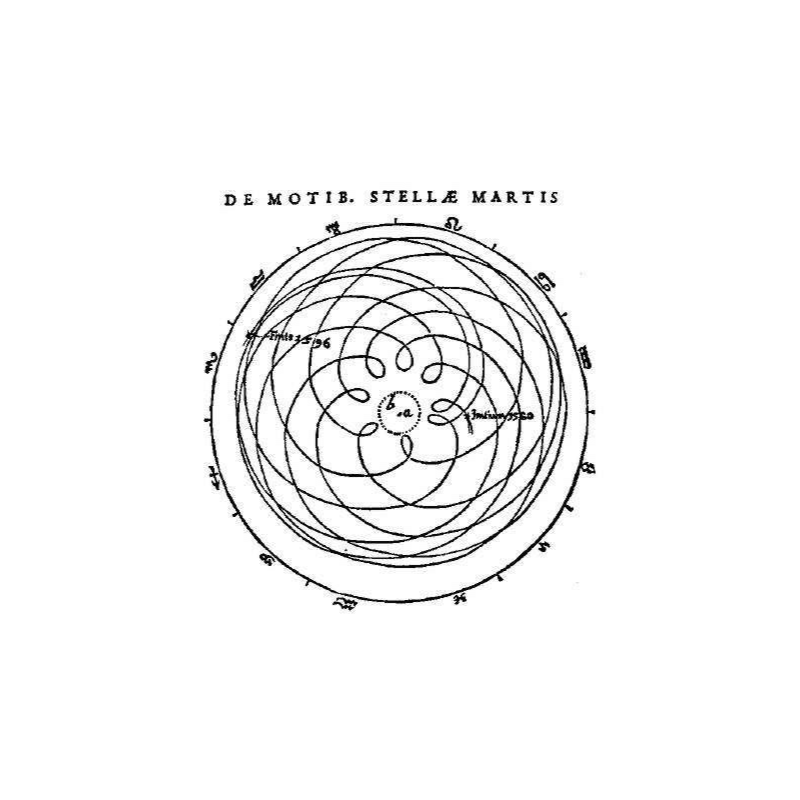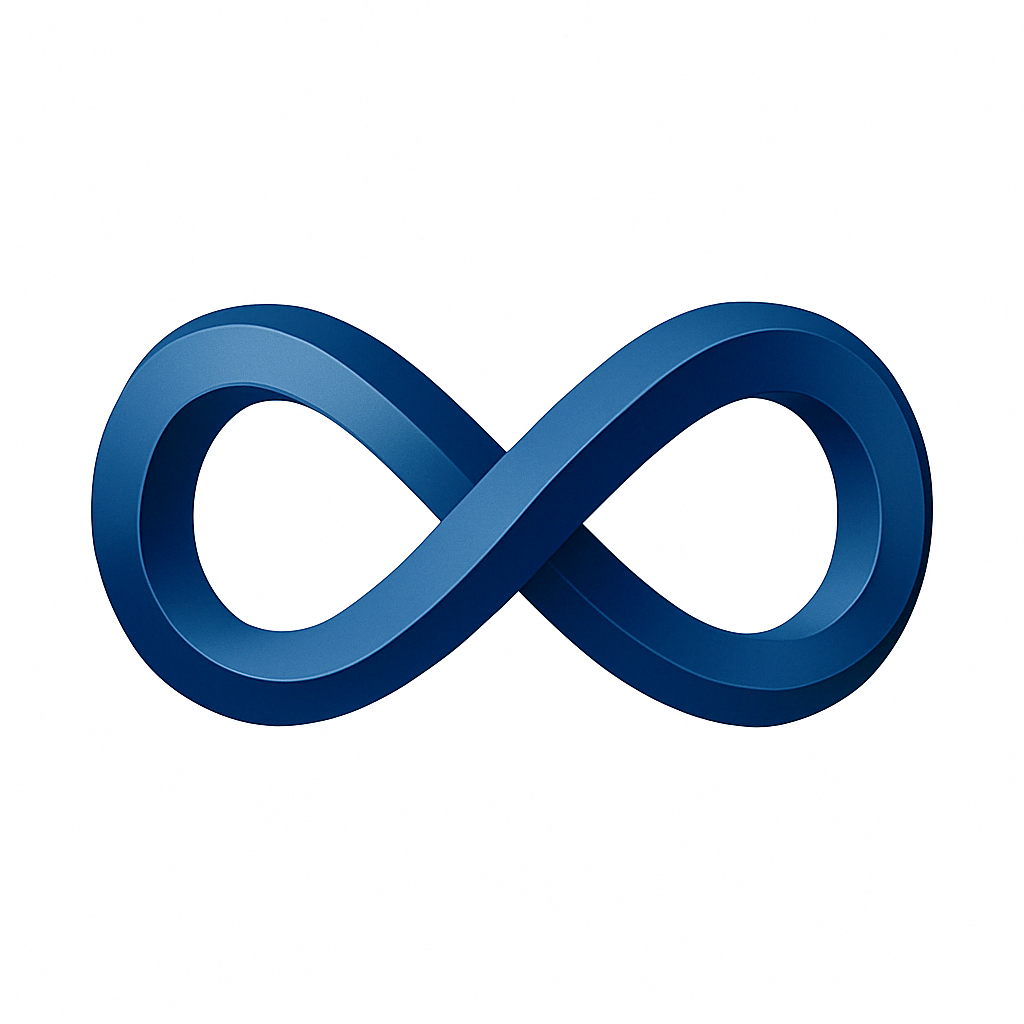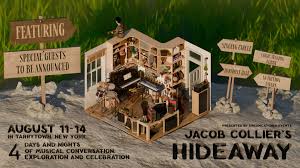The Concordia Project introduces a scientific and musical instrument that enables immersive auditory engagement with the solar system. Led by Dr. Kelly Snook, an international collective of musicians, scientists, technologists, and artists are developing the system using extended reality (XR) platforms to render astronomical data as playable music. Drawing inspiration from Johannes Kepler’s 17th-century investigations into cosmic harmony, Concordia encourages users to explore planetary motion through dynamic sonification. By emphasizing the auditory domain, the project frames celestial mechanics as an interactive, multisensory experience.
Concordia draws conceptual lineage from Kepler’s Harmonices Mundi, which integrated musical theory and planetary motion. This foundation informed the development of computational methods and spatial audio techniques that translate geometric and relational ephemerides—such as planetary distances, velocities, and angles—into sound. Dynamically rendered audio environments provide users with the means to navigate and compose within a continuously evolving field of harmonic relationships grounded in astronomical simulation.
The instrument’s modular and open-source structure invites diverse participation across disciplinary and cultural boundaries. Contributors may design new modules, perform sonified compositions, or attend immersive sonic events as observers. A blockchain-based system tracks and attributes creative contributions, establishing a shared framework for value exchange and cooperative innovation. This distributed model reconceptualizes musical instrumentation as a participatory infrastructure and fosters new forms of collective authorship and governance.
From a technical perspective, Concordia incorporates 3D audio rendering, gestural interfaces, and real-time data mapping using tools such as Unity, Versum, and Mi.Mu gloves. These systems support player-centric interaction with harmonic structures derived from both classical astronomical data and novel scientific sources, including molecular spectroscopy. The design prioritizes accessibility and adaptability, accommodating a wide range of perceptual modalities and user abilities.
Rather than proposing a fixed instrument, Concordia offers a philosophical and technological framework for exploring harmonic order through embodied, multisensory experience. In response to Kepler’s call to interpret nature “according to your arts,” Concordia empowers users to discover emergent patterns in celestial data through play, performance, and perception. As the project evolves through collaborative development, performances, and research residencies, it invites participants to experience the cosmos as a continuously unfolding composition shaped by human inquiry and imagination.
Read more:






